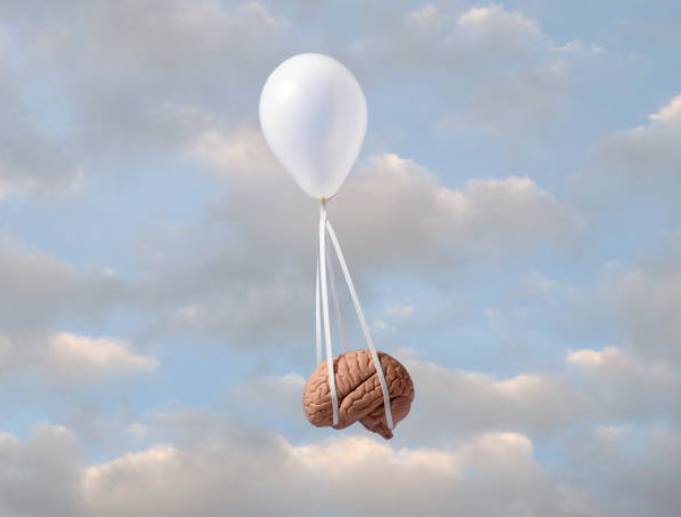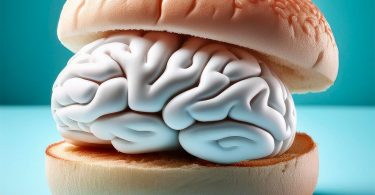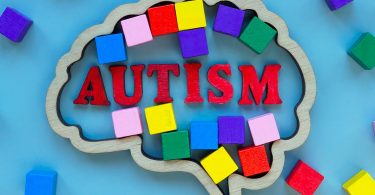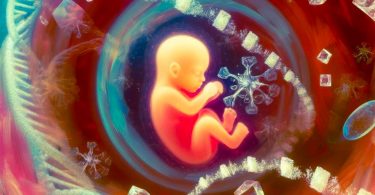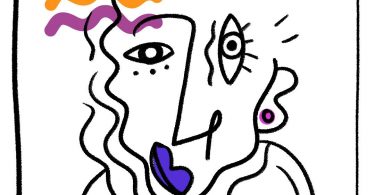Contrary to accepted ideas, it is between the ages of 45 and 50 that cerebral aging changes and the decline of cognitive functions becomes perceptible.
Brain aging is very progressive and later than for most other organs. Moreover, this evolution remains largely open to external stimuli which can modify it or reverse it.
The age of onset of cognitive decline is the subject of much debate. Until now, it was generally accepted that the brain reached its optimal capacity of young adult 20/25 years, then declined at first almost imperceptibly and gradually more markedly, to fall sharply around 60 years and more suddenly after 80 years.
A team of Franco-British researchers has shown that the inflection of cognitive decline occurs as early as the 45/50 age group
In fact, a team of Franco-British researchers has shown that the inflection of cognitive decline occurs as early as the 45/50 age group (1). They add that “The changes that cause age-related neurodegenerative diseases are in place twenty years before the clinical diagnosis”.
Knowing that the prevention of cognitive decline will be more effective if it is applied at the beginning of the decline, its management (intellectual stimulation, drugs, food supplements …) should be considered from 45/50 years even in the absence of clinical signs.
(1): A. Singh-Manoux and Al. Timing of the onset of cognitive decline: results from Whitehall II prospective cohort study. BMJ 2012; 344.

